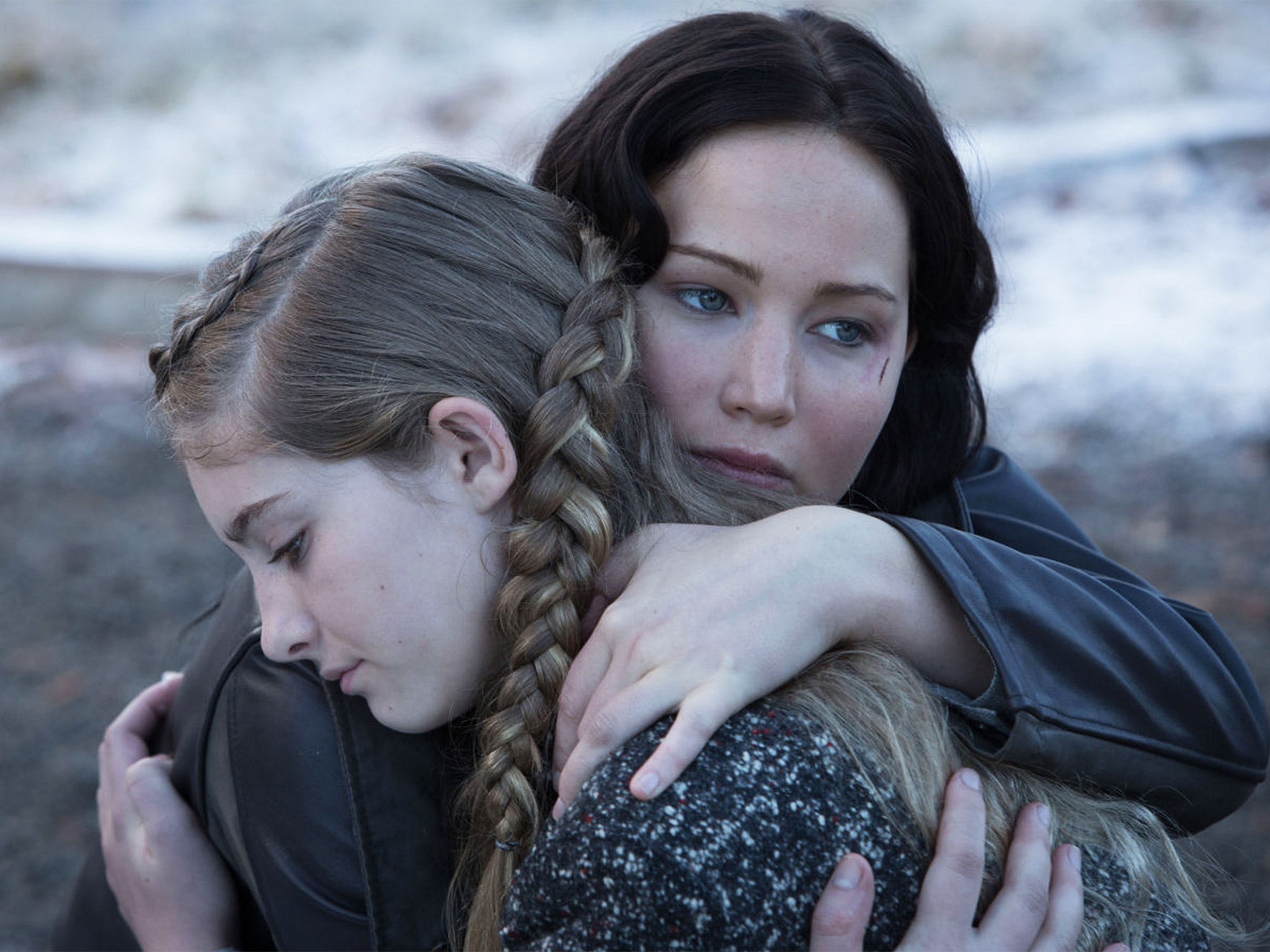Students 'seriously under-challenged' by the books they are given at school, study claims
The survey found pupils prefer books that have been turned into movies

Your support helps us to tell the story
From reproductive rights to climate change to Big Tech, The Independent is on the ground when the story is developing. Whether it's investigating the financials of Elon Musk's pro-Trump PAC or producing our latest documentary, 'The A Word', which shines a light on the American women fighting for reproductive rights, we know how important it is to parse out the facts from the messaging.
At such a critical moment in US history, we need reporters on the ground. Your donation allows us to keep sending journalists to speak to both sides of the story.
The Independent is trusted by Americans across the entire political spectrum. And unlike many other quality news outlets, we choose not to lock Americans out of our reporting and analysis with paywalls. We believe quality journalism should be available to everyone, paid for by those who can afford it.
Your support makes all the difference.Secondary school pupils are being “seriously under-challenged” by the difficulty of the books they are given to read and teachers must do more to encourage students to read demanding literature, according to a study.
A nationwide survey of more than 500,000 pupils at 2,200 schools found that children consistently choose texts beyond their reading age while in primary education but the trend is thrown into reverse as soon as they transfer to secondary school.
The annual What Kids Are Reading study of books read in schools found that youngsters preferred fiction that had been turned into blockbuster films such as the Hunger Games series rather than traditional favourites by authors such as Roald Dahl.
The finding suggests a disconnect between what pupils are reading in the classroom - where the adventures of Fantastic Mr Fox and the Wimpy Kid remain popular - and the tales they say excite them, such as the dystopian fantasies of Suzanne Collins’ Hunger Games series and Veronica Roth’s Divergent novels.
The study, based on the results from software used by schools to assess pupils’ comprehension of classroom texts, found evidence that the emphasis placed on raising reading levels in primary schools falls away in later years, when youngsters tend to opt for books below their reading age.
Professor Keith Topping, an education specialist at Dundee University and the author of the report, said: “Primary school pupils, particularly in Years One to Five, show a strong preference for challenging books which are significantly beyond their natural reading age.
“We then see a marked difference in Year Seven where favoured books are no longer above chronological age, but six months below it and in ensuing years the difficulty of books plateaus or declines.”

In its recommendations, the study said there was a “marked downturn” in the difficulty of books once children move to secondary school and both high-ability and struggling readers in particular are “seriously under-challenged”. It added: “Secondary teachers and librarians need to get better at encouraging children appropriately.”
The survey by software company Renaissance Learning contrasted the rankings for the “most read” books given to children in schools, which were dominated by Jeff Kinney, author of the Diary of a Wimpy Kid series, and Roald Dahl, and the “most popular”, in which students chose the texts that enthused them most.
In this second category, the overwhelming favourite for primary school children was Demon Dentist by comedian and author David Walliams, while secondary students voted for The Fault in Our Stars by John Green, which has recently been made into a film. The trend for fiction given the Hollywood treatment continued with the Harry Potter, Hunger Games and Divergent series also featuring strongly.
The 2015 rankings also saw the works of JR Tolkien falling out of the top 20 for the first time. But the authors of the study noted that children seemed equally happy with classic and contemporary fiction with John Steinbeck’s Of Mice and Men and Dr Seuss’s Green Eggs and Ham, published in 1960, featuring alongside more recent texts.
Subscribe to Independent Premium to bookmark this article
Want to bookmark your favourite articles and stories to read or reference later? Start your Independent Premium subscription today.
Join our commenting forum
Join thought-provoking conversations, follow other Independent readers and see their replies
Comments